Of anything you can do to avoid chronic diseases like heart disease and cancer, keeping insulin and insulin resistance low may be one of the most important things you can do. In turn, a diet that avoids carbohydrates (including sugar) and vegetable oils may be one of the best ways to accomplish this.
Ketogenic diet study and insulin resistance
A ketogenic diet is one that contains very low amounts of carbohydrates such as from bread, rice, and pasta. It results in the production of ketones, which have many health benefits.
Mainstream news recently reported on a scientific study that allegedly showed that a ketogenic diet induced insulin resistance in mice, the opposite effect of what we’d like to see. The warnings were dire: Keto diet: Scientists find link to diabetes risk. By finding a link to a condition that raises the risk of type 2 diabetes, new research questions the health benefits of ketogenic diets.
If that were true, then we shouldn’t be eating ketogenic diets.
However, the study and the headlines that came with it are misleading to the point of falsehood.
The original study is this one: Short-term feeding of a ketogenic diet induces more severe hepatic insulin resistance than a obesogenic high-fat diet.
The scientists compared mice on a ketogenic diet, with 90% of calories as fat, to mice on a low-carbohydrate diet, with 60% of calories as fat, and found that the ketogenic mice had a greater degree of insulin resistance.
I took a look at the study to find out what exactly the mice were fed.
The ketogenic diet group got a commercial rodent ketogenic diet called Teklan TD.96355. Here’s what’s in this diet:
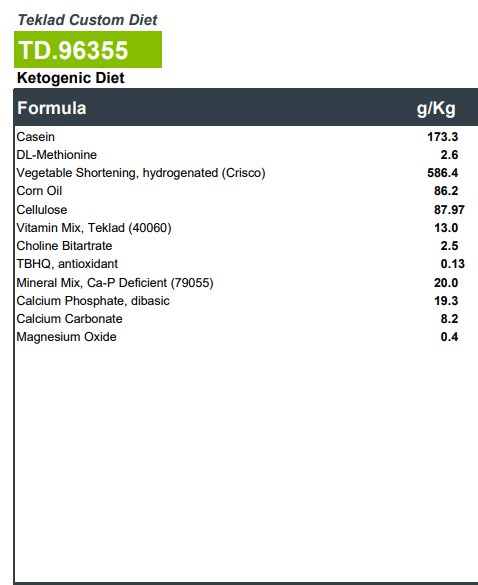
Those 90% of fat calories came from Crisco and corn oil. Those alone could be expected to induce insulin resistance.
What about the low-carbohydrate group? Their diet was “purified diet #2127; Kliba-Nafag”, and that diet looks like this:
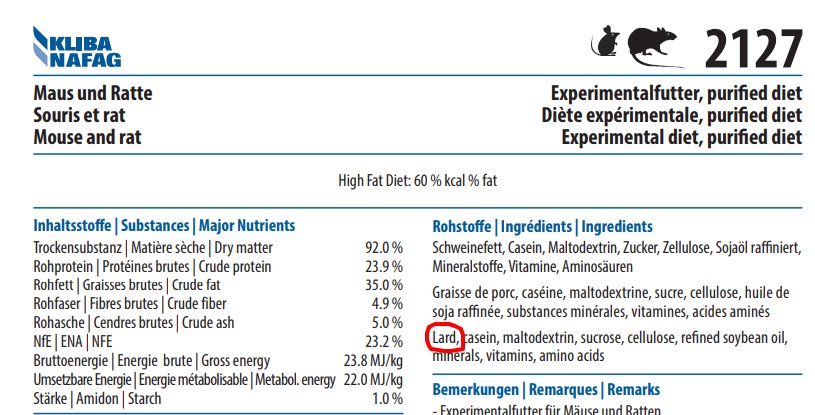
That diet used lard, an animal fat, as the main source of calories.
So, the two diets are not comparable. The ketogenic mice were ingesting toxic seed oils. These days, Crisco is formulated to have less trans fat, but it still has some. Even without trans fat, a known toxic food substance, the omega-6 fats alone in Crisco and corn oil can induce insulin resistance.
The low-carbohydrate mice ingested lard, a healthy animal fat.
At first I thought the scientists were being misquoted, or their research sensationalized, since the original study looks like an exploration of insulin resistance mechanisms. But the news article quotes on of them as saying, “Although ketogenic diets are known to be healthy, our findings indicate that there may be an increased risk of insulin resistance with this type of diet that may lead to type 2 diabetes.”
By using Crisco and corn oil for the ketogenic diet, but lard for the low-carbohydrate group, one wonders whether they deliberately did that, or they truly don’t understand what they’re doing.
A study I wrote about reported that ketogenic diets extend lifespan in mice. Studies finding insulin resistance induced by ketogenic diets are hard to reconcile with that. But the mice at a diet that used lard as the main source of fat, not seed oils:
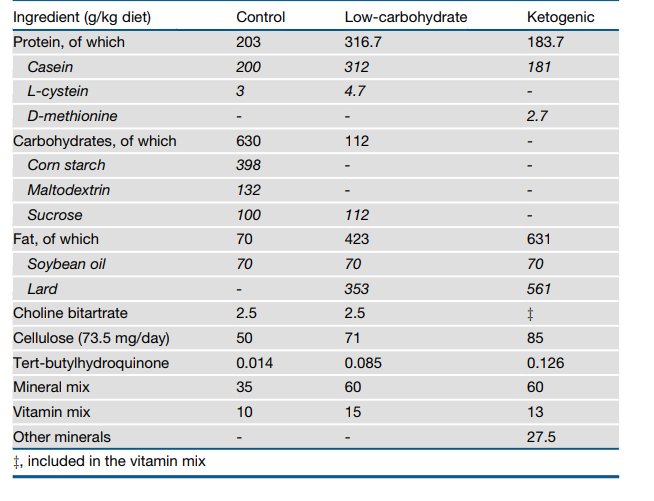
Conclusions
The first conclusion I draw from this is that you should not ingest vegetable oils, which are better termed industrial seed oils, if you want to be healthy. They are ubiquitous in ultra-processed and fast foods, and likely helped bring about the obesity epidemic, since their consumption has risen dramatically in the past few decades.
The second conclusion is that scientific studies are not all trustworthy, much less mainstream news items about them.

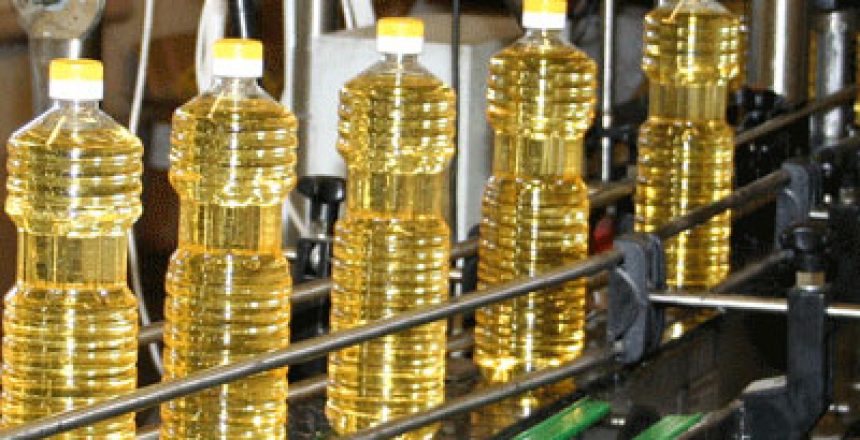



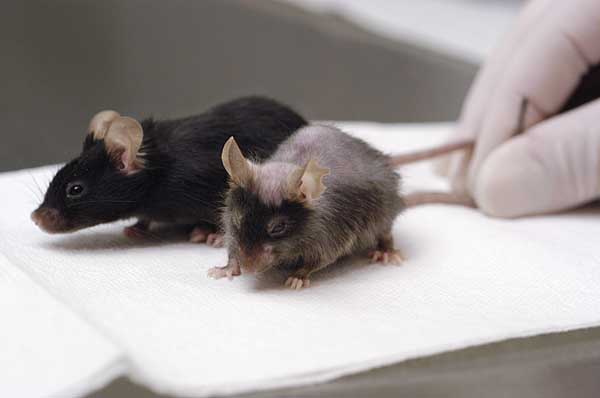








7 Comments
Wow, so studies and reporting like this is what passes for “research” and “journalism” these days. Pretty sad.
Good work in pointing out the flaws in this case PD.
Thanks for tracking down the actual difference in chow. The details of experimental design always matter, and this was, to be blunt, a crappy piece of work. Most likely the researchers are just ignorant and confused. Plenty of people still have that food pyramid from the 70’s and 80’s stuck in their heads.
I’m pleased as punch I stumbled across this blog as a whole, and this item in particular. It largely confirms me for the story I cobbled together from bits and pieces of info I gleaned during my years of trial and error in the trenches of gym culture – and it does it so much more systematically and elegantly. The ability of motivated citizens to bypass entrenched interests and disseminate important information is one of the most heartening aspects of the internet age (alas, other aspects are not so heartening). Many thanks to Mr. Mangan and his knowledgeable commenters!
If I could ask, what should I make of w6:w3 ratio? I have endeavored to keep it under 3:1 – right now, I’m under 2:1 (I think) – but that requires consuming about 6-8 grams of fish oil caps (I’m not precise, whatever a handful grabs/looks right on a given day). Without the supplement, I really have to wonder how I could otherwise possibly achieve such a low ratio. Would it really be possible/practical, and is it something to be concerned about?
Thank you, Madden. My take on this is that the o-6/3 ratio is indeed important, and the most important thing you can do to achieve a low ratio is to minimize intake of seed oils and other sources of o-6. Fish oil should be consumed minimally. If you need to take so much fish oil, I’d look at o-6 (such as seed oil) intake and try to get it down.
Hi Dennis
There is an article in Esquire reporting that low carb diets increase the risk of mortality. I wonder if this is related to the misleading keto study you linked to here.
Quoting from the Esquire article:
“Lancet Public Health, almost 15,000 U.S. adults were tracked for 25 years. Those who ate a moderate number of carbs—meaning they got 50 to 55 percent of their energy from carbohydrates—had the lowest risk of mortality. Those who got more than 70 percent of their energy from carbs had a higher risk of mortality, as expected. But surprisingly, the highest risk was seen in those who go less than 40 percent of their energy from carbs—the low-carb dieters.”
Is there any basis for this? It seems to run contrary to what one would expect.
https://www.esquire.com/lifestyle/health/a22786840/low-carb-diet-negative-effect-is-earlier-death/
Hi JC. This study has been the subject of lots of attention over on Twitter. There are many, many flaws in it. They used dietary questionnaires for the dietary assessment, which are notoriously inaccurate, and only twice over the several decades of the study. None of the subjects were truly low-carb, lowest being 37% of calories, and people who ate fewer carbs were more likely to be smokers. So it’s a shoddy, inaccurate study that didn’t even look at low-carb diets.
Dr. Mangan,
In addition to the actual breakdown of the diets. butter is far superior in taste and lard makes better pie crusts.
In all seriousness, This is a great example of a bad study. The only real question is whether it was an unconscious mistake or deliberate. I was a little surprised to see that hydrogenated oils were used in the study at all. These have been known as bad actors for some time.
Luke